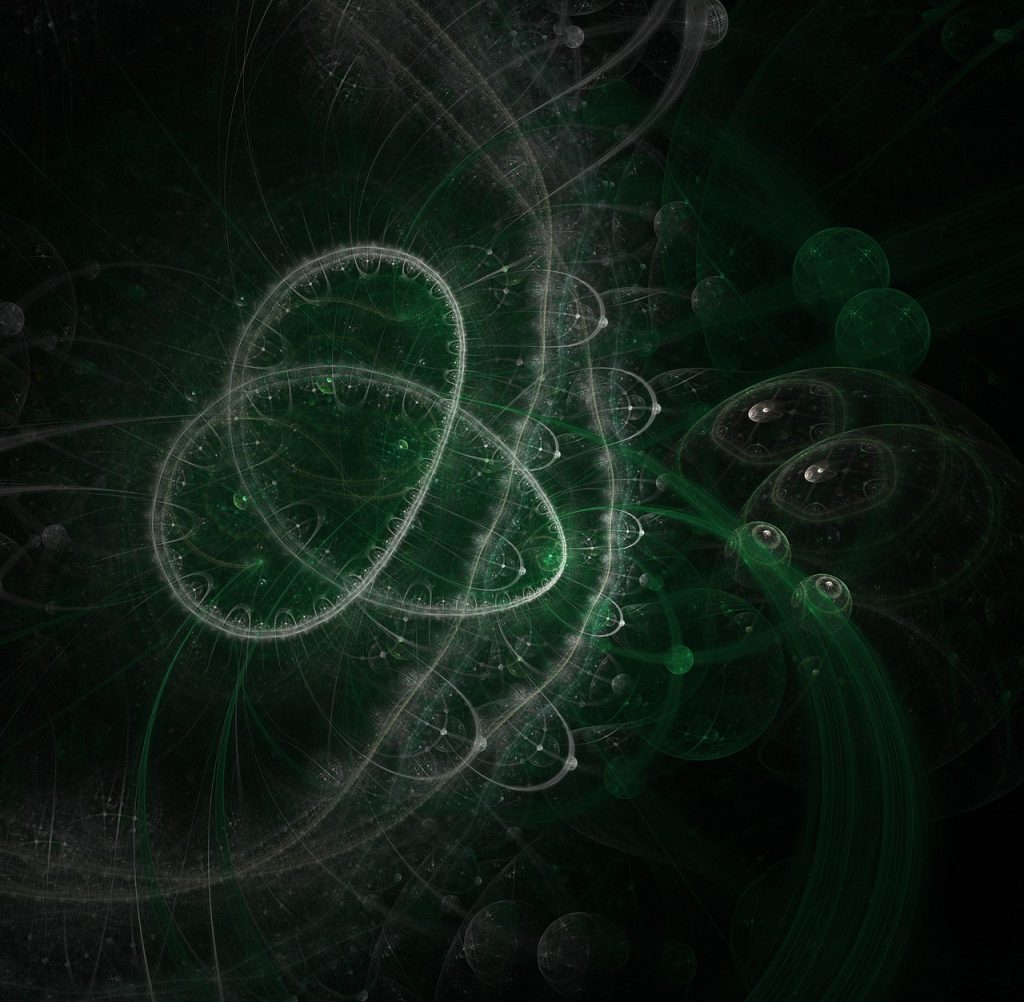The concept of parallel universes has long captivated human imagination, fueling countless science fiction stories and philosophical debates. While once considered purely speculative, recent advances in quantum mechanics have sparked intriguing discussions about the relationship between quantum computing and the possibility of parallel universes. In this blog, we’ll embark on a journey through the intricate landscape of parallel universes, investigating their role in quantum mechanics and how quantum computing contributes to this mind-bending exploration.

Parallel Universes: A Glimpse into the Multiverse
Imagine a reality where every decision, every possibility, splits into separate branches, creating a multitude of universes where different outcomes play out. This is the concept of parallel universes, also known as the multiverse. The notion posits that every choice, no matter how trivial, results in a branching of reality, leading to an infinite array of worlds where various versions of events occur.
Quantum Mechanics and the Many-Worlds Interpretation
At the heart of the connection between parallel universes and quantum mechanics lies the Many-Worlds Interpretation (MWI), proposed by physicist Hugh Everett III in the 1950s. MWI suggests that every quantum event results in a splitting of reality, leading to the creation of parallel universes. For example, in the famous Schrödinger’s cat thought experiment, the cat exists in a superposition of states—both alive and dead—until observed. According to MWI, the universe splits into two branches, one where the cat is alive and another where it’s dead.
Quantum Computing’s Role in the Multiverse
Quantum computing adds an intriguing layer to the discussion of parallel universes:
- Simulating Multiverse Scenarios: Quantum computers possess the ability to simulate complex quantum systems, making them valuable tools for exploring the mathematical intricacies of the multiverse hypothesis. Researchers can model scenarios where multiple universes interact and observe the implications.
- Entanglement and Parallelism: Quantum computers thrive on the principles of superposition and entanglement—key ingredients in the creation of parallel universes, according to MWI. Quantum computers can perform multiple calculations in parallel, mimicking the concept of branching realities.
- Exploring Quantum Probability Landscapes: Quantum computers can navigate quantum probability landscapes more efficiently than classical computers. This ability could aid in understanding how different branches of reality evolve and interact in a multiverse scenario.
Debates and Philosophical Implications
The connection between quantum mechanics, parallel universes, and quantum computing sparks philosophical debates:
- Reality vs. Interpretation: MWI challenges our understanding of reality. Some physicists embrace the idea of a sprawling multiverse, while others contend that MWI is an interpretation that doesn’t necessarily reflect objective truth.
- Observer’s Role: The role of observers in creating and navigating branches of the multiverse raises questions about the role of consciousness and the observer effect in the universe’s evolution.
Closing Thoughts: Beyond the Veil of Possibilities
Quantum computing’s entanglement with the concept of parallel universes invites us to push the boundaries of our understanding and question the nature of reality itself. While the idea of parallel universes remains speculative and philosophical, the tools of quantum computing empower us to explore the mathematical intricacies of these multiverse scenarios. Whether we’re peering into the quantum world’s deepest mysteries or contemplating the implications of our place in a sprawling multiverse, the intersection of quantum mechanics and parallel universes continues to illuminate the profound depths of our universe’s potential.